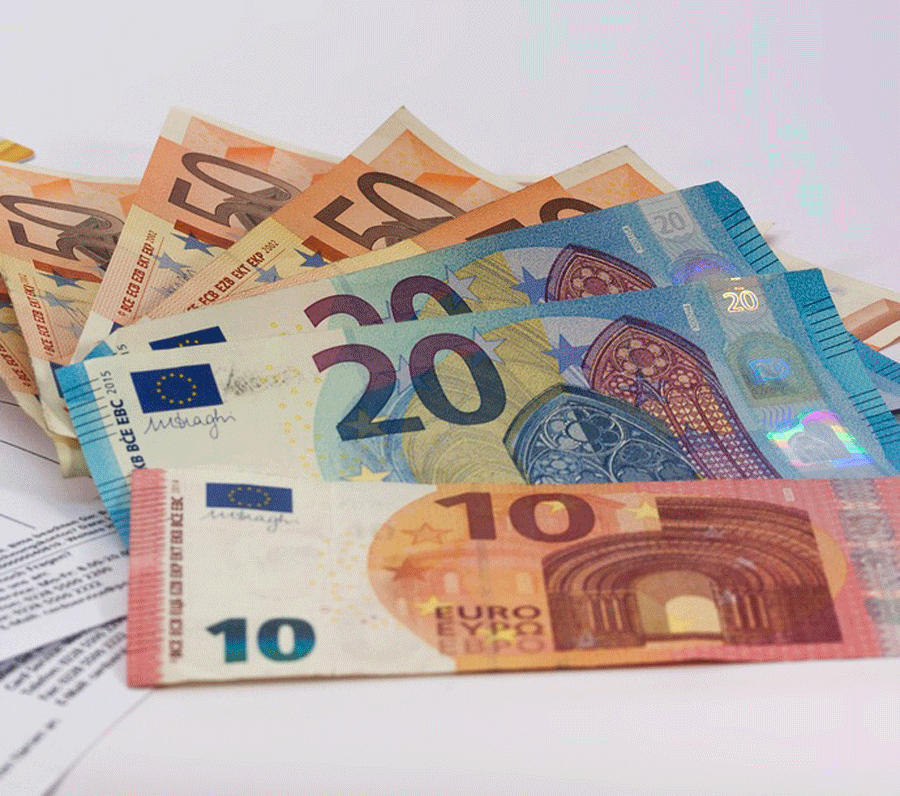A small town in southern Italy encourages refugees to make transactions in fake currency.

The town with a population of 7,000, is hosting asylum seekers, who are given the imitation bank notes, or “tickets” as they are known, as part of a voucher system, BBC World Service reports.
The imitation bank notes bear the likenesses of a collection of communists and leftist leaders – Che Guevara on the fake €10 note, Hugo Chavez on the €20 and Karl Marx on the €50. The reverse sides feature the signature of Giovanni Maiolo, the co-ordinator of the town’s refugee services.
While refugees can use the money to buy whatever they like, there is only one rule they must respect: they have to spend the cash only in the town, so that local businesses benefit.
The arrangement is beneficial to both refugees and the local shopkeepers. It is a “win-win situation”, BBC World Service reports, since the refugees receive money to buy food and spend some pocket money while the shopkeepers get new customers, which helps to defuse any tensions about the new arrivals.
The presence of refugees here is quite beneficial to the town’s economy. The central government in Rome gives €35 to the town hall for each asylum seeker. The money covers all expenses including accommodation, food, medical care, Italian language lessons, work placements and assistance with asylum bureaucracy.
Emigration had in the past made Gioiosa Ionica become an abandoned place. Refugees now rent houses which were previously empty, and they also have money to spend locally.
The presence of refugees in the town has led to the creation of 20 jobs.
Left-of-centre Salvatore Fuda was elected mayor of Gioiosa Ionica three years ago. During the campaign he promised to bring migrants to the town deliberately, by joining the government’s “Sprar” system for the “protection of asylum seekers and refugees”, which supports migrants by providing those €35 per day.
“A project like ours, with 75 refugee places, brings us about €1m a year in total,” Mr Fuda told the BBC World Service. “This money is given to the town, not to the migrants. If you compare that to our annual town budget of around €8m, you can see it’s a significant economic help for us.
“It creates a virtuous circle – through the rental income, the jobs it’s created and the money spent on food here. So it’s brought an economic benefit.”
The mayor however points out that he has brought refugees to the town not just for money but also to bring an experience of multiculturalism to the local youngsters.
“The children of Gioiosa Ionica will have no difficulties if they meet people of a different colour, culture or religion. They’ll have learned for example that in Afghanistan or India people play cricket, not football, and they’ll have seen how to play cricket,” he said.
